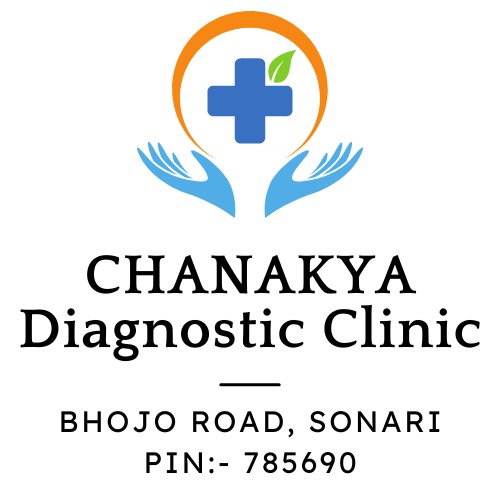Gastroesophageal Reflux Disease

- Gastroesophageal Reflux Disease (GERD) is a chronic digestive disorder characterized by the reflux of stomach contents into the esophagus, leading to symptoms such as heartburn, regurgitation, chest pain, difficulty swallowing, and chronic cough. This occurs when the lower esophageal sphincter (LES), a ring of muscle at the junction between the esophagus and stomach, becomes weak or relaxes abnormally, allowing stomach acid and digestive juices to flow back up into the esophagus.
- Risk factors for GERD include obesity, hiatal hernia, pregnancy, smoking, certain medications (such as NSAIDs, calcium channel blockers, and certain asthma medications), and dietary factors such as consuming large meals, acidic or spicy foods, caffeine, or alcohol. Certain conditions such as scleroderma or delayed gastric emptying can also contribute to GERD.
- Management of GERD typically involves lifestyle modifications, such as dietary changes (avoiding trigger foods, eating smaller meals, and avoiding lying down after eating), weight loss, smoking cessation, and elevating the head of the bed. Additionally, medications such as proton pump inhibitors (PPIs), H2-receptor antagonists, antacids, or prokinetic agents may be prescribed to reduce acid production, neutralize stomach acid, or improve esophageal motility. In severe cases or those resistant to medical management, surgical interventions such as fundoplication may be considered to strengthen the LES and prevent reflux. Regular monitoring and ongoing management are essential to alleviate symptoms, prevent complications such as esophagitis or Barrett’s esophagus, and improve quality of life for individuals with GERD.



